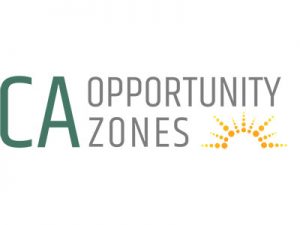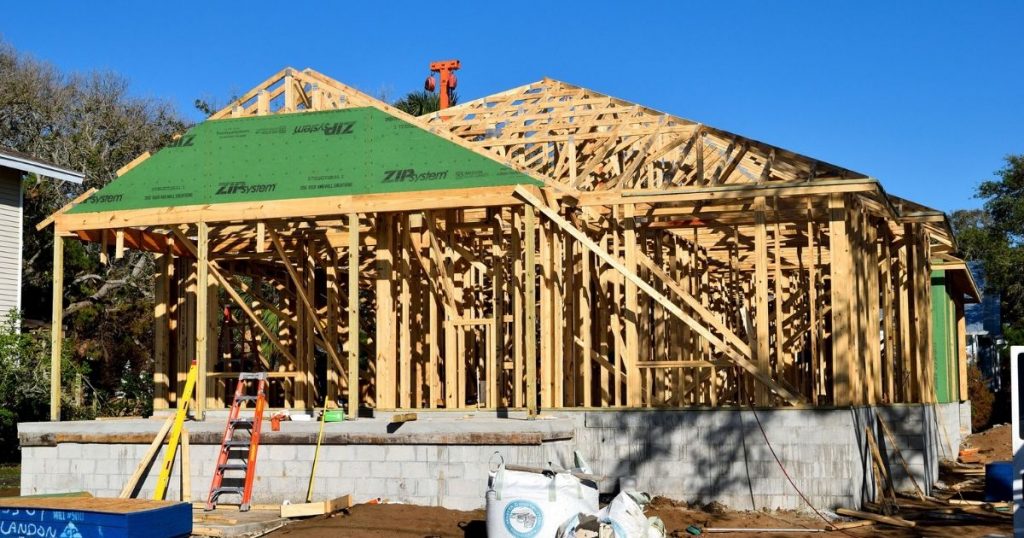Looking for an investment you can feel good about? If you’re trying to reduce the management of an investment portfolio or consolidate multiple households, you can roll over capital gains into Qualified Opportunity Zones (QOZs). This will allow you to put your profits to work developing and rebuilding economically distressed communities while deferring taxes through 2026.
 What are Qualified Opportunity Zones?
What are Qualified Opportunity Zones?
Created through the 2017 Tax Cut and Jobs Act, Qualified Opportunity Zones are economically distressed areas nominated by the state where they are located and certified by the US Secretary of the Treasury. QOZs are an economic development tool, designed to encourage investment, development, and job creation in disadvantaged areas throughout the US and its territories.
There are approximately 878 QOZs in California alone, and, by some estimates, as many as 8,700 across the US, in all 50 states, Washington D.C., and territories. That number is expected to increase since areas are still under review by the Treasury Department. In order to qualify, QOZ’s must meet a variety of factors surrounding poverty rate and median family income.
What are the advantages of investing in Qualified Opportunity Zones?
Once you have sold or initiated an exchange of property, you have 180 days in which to enter into a Qualified Opportunity Fund (QOF). These investment vehicles are created and managed by partnerships or corporations set up to invest in QOZs. What are the advantages for you?
Meet Your Financial Goals While Sheltering Capital Gains
If your real estate goals include the sale of your home for one of the following reasons, a capital gains rollover into a QOF might be for you.
- You want to downsize and move into an investment property/condo you own and turn that property into your primary residence.
- You may be elderly, selling your home and moving into assisted living or have decided to rent and free up cash for travel and other retirement goals.
- You may be moving to another state or country and don’t need all of the funds from the sale of your residence to do so.
Deferral of Taxes on Capital Gains Through 2026
Any capital gains invested in a QOF are tax-deferred through December 31, 2026, or until the sale or exchange of your QOF investment, whichever comes first. That means taxes would not be paid on those gains until the filing of your 2026 return in 2027.
Up to 15% Step-Up When You Invest in 2019
In addition, staying in the fund for five years qualifies you for a 10% step-up in tax basis on your invested gains; staying in for seven years qualifies you for a 15% step-up. That means if you invest by December 31, 2019, and hold your investment until the end of 2026, you qualify for the 15% increase in tax basis.
No Tax on Appreciation in Qualified Opportunity Zones
If your investment property appreciates over time with the influx of new capital in these markets, and you hold that investment for at least ten years, you pay nothing on the appreciation. While you’ll still pay on the deferred gain when you file your 2026 taxes in 2027, the appreciation on the investment itself is not taxable.
Additional Gains Eligible
If your capital gains were realized through the sale of stock, or if you expect such a sale this year, you also qualify for these tax benefits when you rollover those gains into an investment in a QOZ.
Note: The tax advantages are based on your staying power in the investment. Should you gift away your interest before December 31, 2026, those deferred capital gains taxes will become due. Similarly, if your investment fund folds before the qualifying time, you will be unable to take advantage of the increased step-up.
Creating a Qualified Opportunity Fund
If you prefer a more hands-on approach to investing or if you have an interest in one of the areas identified as a Qualified Opportunity Zone, you may want to create or use an existing LLC or corporation to self-certify as a Qualified Opportunity Fund. This gives you the chance to drive investment initiatives in communities you have an interest in, while taking on additional investments from other investors wishing to participate in your fund.
If you are planning to invest in a QOZ, your fund will need to show that you are making either a new investment or substantially improving a current property. This requires an investment in improvements equal to or greater than the initial acquisition investment within a 30 month period. There are also limits on the types of improvements that can be made: golf courses, country clubs, massage parlors, hot tub and tanning salons, race tracks, gambling venues, and liquor stores are ineligible.
You can get more information from the IRS on self-certifying as a QOF, including forms and instructions. Because this is a fairly new initiative, there may be conflicting information or recently updated forms. Be sure to do your due diligence to ensure that your paperwork is properly completed and filed.
How does a QOF differ from a 1031 Exchange?
You may be familiar with 1031 Exchanges as a way to rollover the value of one investment property into another. QOFs offer an alternative to these exchanges and are not limited to investment properties. You can roll over the capital gains from your home, so in my opinion, they are a superior alternative. Unlike a 1031 Exchange, you only need to roll over the capital gains you’ve realized from the sale of your asset, not the entire sale price. In addition, you do not need to have a loan or investment equal to the value of the property you are exchanging from. This provides more flexibility and a more targeted tax strategy.
Learn More
Whatever your investment goals are, I have the expertise and connections you need to assist in creating exceptional outcomes, especially for Yountville, Calistoga, St. Helena, and Napa vineyard and winery real estate. Talk to your financial planner and see if an investment in a Qualified Opportunity Zone is a good choice for your particular financial situation and then you and I can talk about the opportunities and the benefits opposed to a 1031 Exchange.




